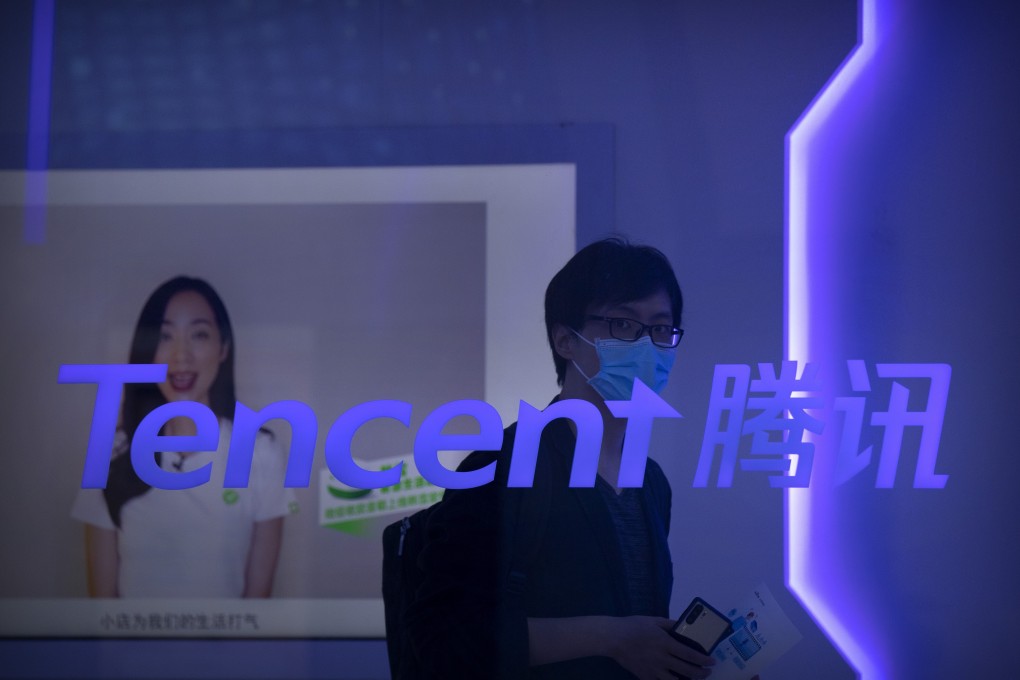China tech crackdown: Beijing’s soft touch on tax for Big Tech is set to end as it seeks more focus on science
- Beijing’s move to levy higher tax on internet companies would be the latest in a series of steps taken to rein in Big Tech in the country
- Regulators want to tighten qualification standard for so-called ‘key software enterprises’, making it harder for internet firms to enjoy tax reductions

Beijing is set to roll back tax incentives for software companies in favour of hard tech research and development, a policy change that may cast a shadow over the earnings prospects of companies such as e-commerce titan Alibaba Group Holding and internet giant Tencent Holdings.
Chinese media Caixin reported on Wednesday, citing unidentified tax officials, that Chinese regulators are looking to tighten the qualification standard for so-called “key software enterprises”, by introducing more stringent requirements for internet firms to enjoy tax reductions.
This comes after Alibaba, owner of the South China Morning Post, told investors in a call that the years-long government tax breaks the internet industry has enjoyed may soon begin to fade, as reported by Bloomberg last Friday. Separately, the Securities Times, a newspaper affiliated with the People’s Daily, reported last week that China should increase taxes on gaming companies.
“The tax environment will likely tighten for Big Tech in the future, or specifically big internet platforms,” said Pei Bo, senior equity research analyst at investment bank Oppenheimer.
Beijing’s move to levy higher tax on internet companies would be the latest in a series of steps taken to rein in Big Tech in the country, and to direct more investment into “hard tech” areas like semiconductors and operation systems, as its tech rivalry with the US heats up.
In April, the Ministry of Industry and Information Technology along with three other departments in Beijing published guidelines for software enterprises, which should be “encouraged”. Those guidelines, Caixin reported, will also help to frame what can be classed as new “key software enterprises”, a designation that confers a preferential 10 per cent tax rate.